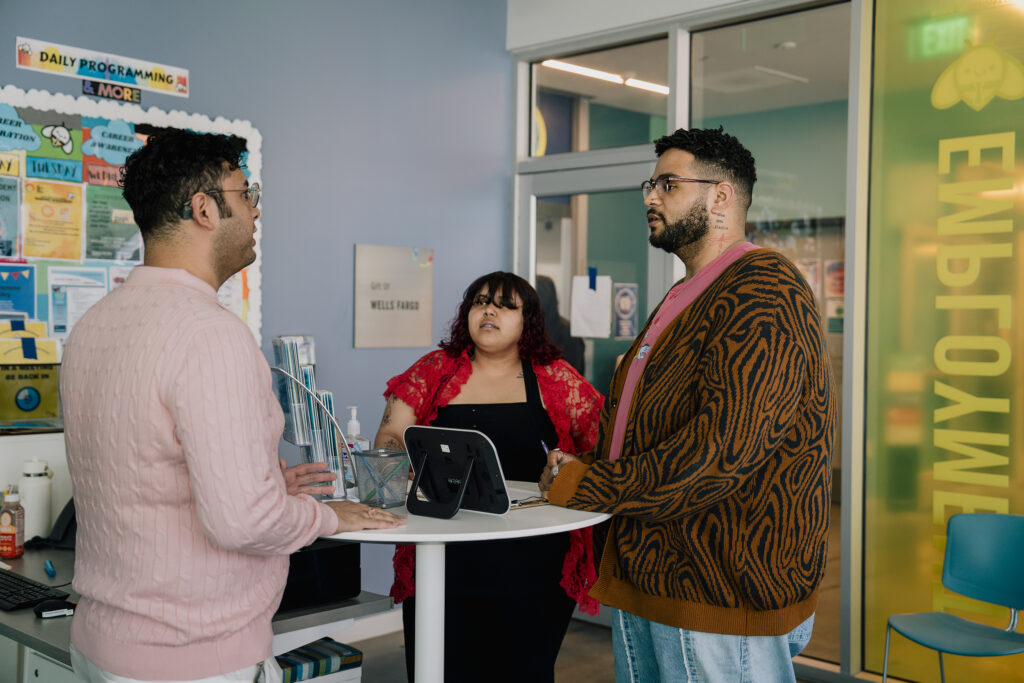Our partners at the Los Angeles Opportunity Youth Collaborative (OYC) recently released a case study exploring the barriers and opportunities within Los Angeles County’s workforce development system for opportunity youth, with a special focus on those who are current or former foster youth.
The county’s workforce system plays a crucial role in addressing employment disparities by connecting opportunity youth — including those facing barriers such as poverty, housing insecurity, caretaking responsibilities, disability and system-involvement — to public programs providing short-term training, resume-building assistance, paid work experiences and other services.

Despite the potential of these workforce programs, many eligible young people in L.A. are not enrolling in or completing training.
The OYC — a network of organizations dedicated to creating more holistic and coordinated support for opportunity youth — identified both the challenges and the resources that are necessary to connect young adults to their career goals. Key findings from the case study highlight significant barriers to youth engagement in workforce development programs, including inadequate outreach, enrollment challenges and misaligned program offerings, including:
The case study also describes successful strategies such as “the importance of warm handoffs between referring adults and workforce staff and the value of youth-centered communication and program design.”
In addition, study authors conclude that young adults need holistic services that provide stability as they pursue their goals, such as affordable housing, health and wellness services, supportive long-term relationships, and financial security, as well as access to vital documents, reliable transportation, and childcare. Their recommendations aim to redesign the workforce development system to better serve opportunity youth.